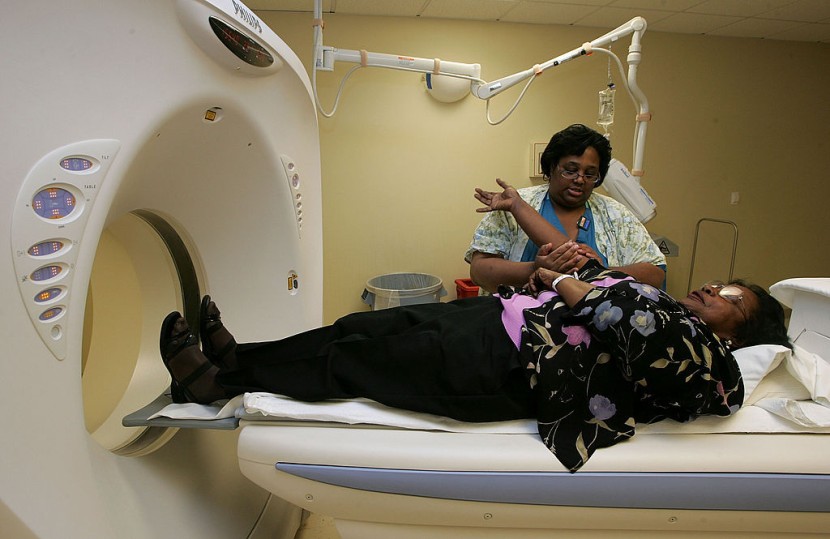According to a draft recommendation from the US Preventative Services Task Force, women should start getting mammograms every other year at the age of 40 instead of waiting until 50.
They also recommend women get X-ray exams every two years from age 50 through 74.
Should the draft proposal be finalized, it would be a shift in the panel's guidelines. It would also help save lives and prevent more women from dying due to breast cancer, according to APNews.
The task force also noted that Black women are 40 percent more likely to die from breast cancer compared to white women. Hence, this makes the recommendation of starting mammograms at 40 even stronger. It also urged more research to better understand and fight against the disparity.
They also noted that almost half of all women have dense breasts, meaning mammograms may not work either. Therefore, they are calling for more research into whether additional types of testing would help.
Read also: BPA Exposure Linked to Promotion of Breast Cancer Growth, Study
Breast Cancer in Women
Breast cancer is a type of cancer that forms in the cells of the breast. It is the most common cancer among women worldwide and is the second leading cause of cancer-related deaths in women.
The risk of developing breast cancer increases as women age, with most cases being diagnosed in women over the age of 50. Other risk factors include a personal or family history of breast cancer, certain genetic mutations, and exposure to estrogen.
Early detection of breast cancer is key to successful treatment and survival. This is why regular breast cancer screenings, such as mammograms, are recommended for women starting at age 40.
Symptoms of breast cancer may include a lump in the breast, breast pain, swelling, or redness, and changes in the shape or size of the breast.

Treatment for breast cancer may include surgery, radiation therapy, chemotherapy, hormone therapy, or targeted therapy. The type of treatment recommended will depend on the stage of the cancer, the patient's overall health, and other factors. With early detection and timely treatment, the prognosis for breast cancer can be positive.
Breast cancer is a complex disease that can have physical, emotional, and psychological impacts on women. Some common side effects of treatment may include fatigue, hair loss, nausea and vomiting, weight changes, mood swings, or depression. Patients need to communicate with their healthcare team about any concerns they may have during the course of their treatment.
In addition to medical treatments for breast cancer, such as surgery and chemotherapy, lifestyle factors like diet and exercise can play an important role in reducing risk or recurrence after diagnosis.
Maintaining a healthy weight through regular exercise has been shown to improve outcomes in women diagnosed with breast cancer. Eating a balanced diet rich in fruits, vegetables, whole grains, lean proteins low-fat dairy products while limiting processed foods and high-sugar beverages has also been linked with better overall health following diagnosis.
Emotional support from friends, family, counselors, and peer groups support organizations can help alleviate some of the stress associated with living through this experience alone or feeling isolated during the recovery period post-treatment phase.
Overall awareness, education, prevention, and early detection are key components addressing this major public health issue affecting millions worldwide each year. This includes efforts by governments, non-profit organizations, communities, and individuals working together to raise funding to increase research into causes and potential cures and expand access to screening services needed in areas across the globe where resources are limited and unavailable at the present time.
Related article: Breast Cancer And Obesity Link Suggests New Treatment Approach
© 2026 HNGN, All rights reserved. Do not reproduce without permission.








